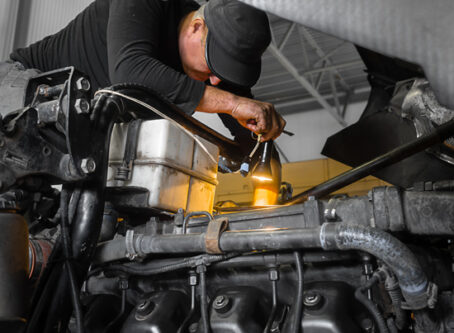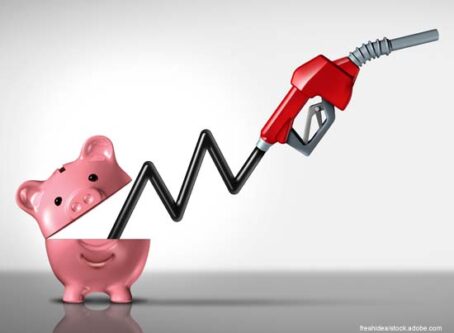Portland, Ore., voters to decide in 2020 whether to extend local gas tax
Voters in the city of Portland, Ore., are expected to soon get a chance to extend a local gas tax.
In 2016, Portland voters approved a temporary 10-cent tax on gasoline sold within the city. The vote followed a city council decision to impose a new tax on trucks. The nearly 3 percent local heavy vehicle use tax is a companion to the gas tax increase.
The taxes collected on cars and trucks are billed as helping the state’s largest city address a road repair backlog estimated at between $100 million and $200 million over the next decade.
The four-year tax was initially estimated to raise $64 million for roads and other uses. City officials, however, say actual revenue from the gas tax is exceeding their initial estimate.
The additional revenue from the city-level tax is not designated solely for road projects. About 56 percent is applied to pavement work. The other 44 percent pays for projects that include bike lanes, sidewalks and crosswalks.
Success of the program has city officials looking to nix its scheduled sunset in late 2020.
In an effort to keep the funding stream open, Portland Transportation Commissioner Chloe Eudaly has announced plans to put the tax on the city’s 2020 spring ballot.
Truck tax
Also approved by the Portland City Council three years ago is a heavy-vehicle use tax.
Businesses paying the Oregon weight-mile tax are subject to the city’s use tax until next year.
The additional 2.8 percent truck tax rate collected since 2017 is estimated to raise $8 million. Revenue is used for street work and safety projects.
State revenue sources
Less than a year after the city of Portland approved a dime-per-gallon increase for gas purchases, Gov. Kate Brown signed into law a bill that included a 10-cent increase in the state’s then-30-cent gas tax rate.
An initial 4-cent increase was implemented in 2018. Additional 2-cent increases will follow every two years through 2024 when the tax rate will reach 40 cents.
For professional drivers, proportionate increases are applied to the weight-mile tax, trip permits, and variance permits.
Half of the state’s vehicle tax revenue is allotted for state transportation work, 30 percent is routed to counties and the rest is sent to cities.









